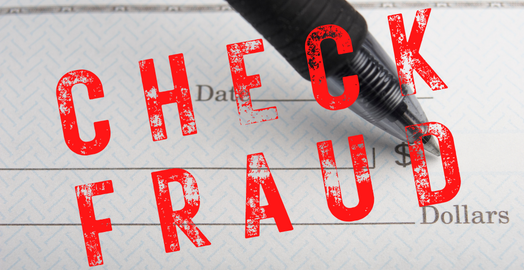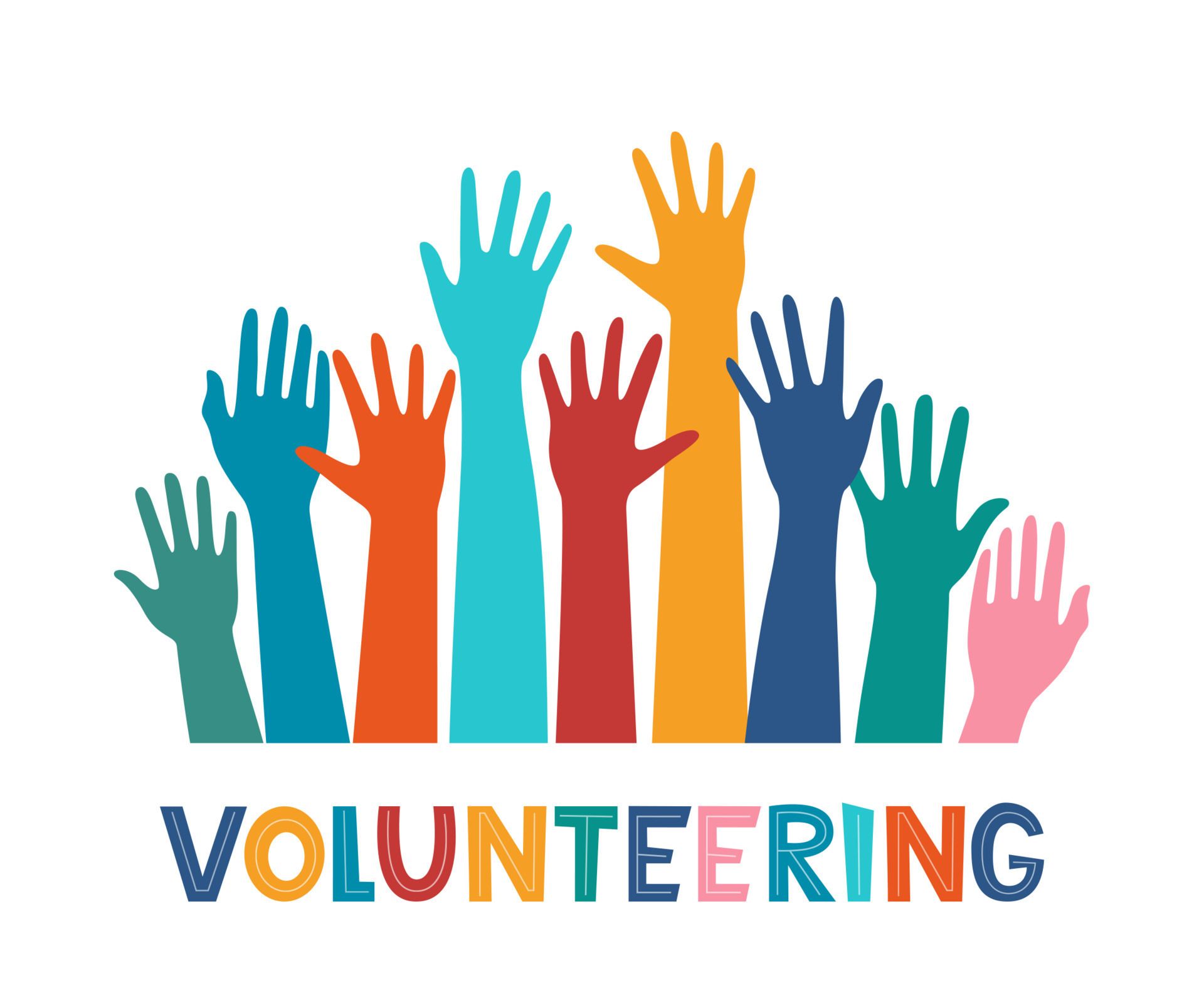Email: laurie.e.page@lpl.com
CALL NOW! (941) 932-4822
Check Fraud Is On The Rise: Protect Yourself
In 2022, banks saw an 84% increase in check fraud

Check fraud is one of the most common types of identity theft, and it has grown significantly in the past few years as trillions of dollars in COVID relief checks were mailed across the country. The Financial Crimes Enforcement Network – a division of the U.S. Treasury Department – reported that banks saw an 84% increase in check fraud in 2022 over 2021, increasing from $350,000 to more than $680,000.1
The type of check fraud that has attracted the most attention during this surge has been check washing, where crooks steal checks left in mailboxes, deposited in U.S. Postal Service collection boxes, or through other means. By using cheap chemicals such as acetone (found in nail polish remover) or bleach, the crooks erase the payee’s name and the amount, keeping the signature intact. When the checks are dry and clear of the payee’s name and the amount, the crooks rewrite them with a higher amount and a fraudulent name – or they sell them to other criminals for their own fraudulent uses.
Ways to avoid or thwart check-washing schemes
By taking a few precautions, you can reduce your chances of becoming a victim of check washing.
- Consider making a tax-deductible gift to your library.
- Use a pen with blue or black non-erasable gel ink to write your checks. Gel ink soaks
- into paper and is harder to remove than ink from ballpoint pens.
- Pay your bills online using a private, secure Wi-Fi connection, instead of writing and mailing a check.
- Mail your check payments from the post office during business hours, putting it into an outgoing mail slot inside the building or handing it directly to a clerk.
- Regularly monitor your bank account online to review account balances and look at images of the checks drawn against them.
- Remove delivered mail from your mailbox as quickly as possible. Ask a friend to pick it up for you if you’re away, or have the post office hold it until you return home.
- Report any suspicious activity to your bank immediately, and also contact the U.S. Postal Inspection Service and credit reporting agencies. If a scam is reported within 30 days of the date of your bank statement, banks are typically required to replace any funds stolen through fraudulent checks. The Office of the Comptroller of the Currency says that banks are generally required to reimburse customers for forged checks. However, depending on individual circumstances, the bank can investigate to determine if the customer is entitled to a reimbursement.2
- Report the crime to your local law enforcement. You may also want to file a report with the Postal Inspection Service.
- Notify any creditors immediately if you need a payment extension.
Other types of fraud
Check-washing isn’t the only kind of fraud to be on the lookout for, but its ballooning numbers during the pandemic have pushed it higher in the ranks. If your mail has been stolen, you may also be a higher risk for identity theft. Keep your eyes open for other signs that you – and your identity – may be at risk. Here are some signs that your identity may have been stolen:3
- Consider making a tax-deductible gift to your library.
- You receive alerts about charges you didn’t make.
- New accounts appear under your name.
- Your credit card and/or loan applications are denied.
- You receive bills for services you didn’t use, such as medical services.
- You get calls from debt collectors.
- Your credit score changes dramatically and unexpectedly.
- Mail arrives at your address, and is addressed to someone who doesn’t live there.
- Unbeknownst to you, tax returns are filed under your name.
- Your Social Security Statement contains errors.
- You learn there’s a warrant for your arrest.
- Mail or email that you’re expecting doesn’t arrive.
- If you’re lucky, you won’t experience check washing or identity theft. But, it’s always a good idea to be ready in case it happens.
The body content of your post goes here. To edit this text, click on it and delete this default text and start typing your own or paste your own from a different source.



BROWS OUR WEBSITE
Business Hours
- Mon - Fri
- -
- Sat - Sun
- Closed
Check the background of investment professionals associated with this site on FINRA's BrokerCheck.
Securities and advisory services offered through LPL Financial, a Registered Investment Advisor, Member FINRA/SIPC
Certified Senior Advisors (CSAs) have supplemented their individual professional licenses, credentials and education with knowledge about aging and working with seniors. It is recommended that you verify the validity of any professional’s credentials in which you conduct business and be sure you completely understand what those licenses, credentials and education signify. The CSA certification alone does not imply expertise in financial, health or social matters. For more details visit: www.csa.us
General Disclosure - The LPL Financial registered representatives associated with this website may discuss and/or transact business only with residents of the states in which they are properly registered or licensed. No offers may be made or accepted from any resident of any other state.







